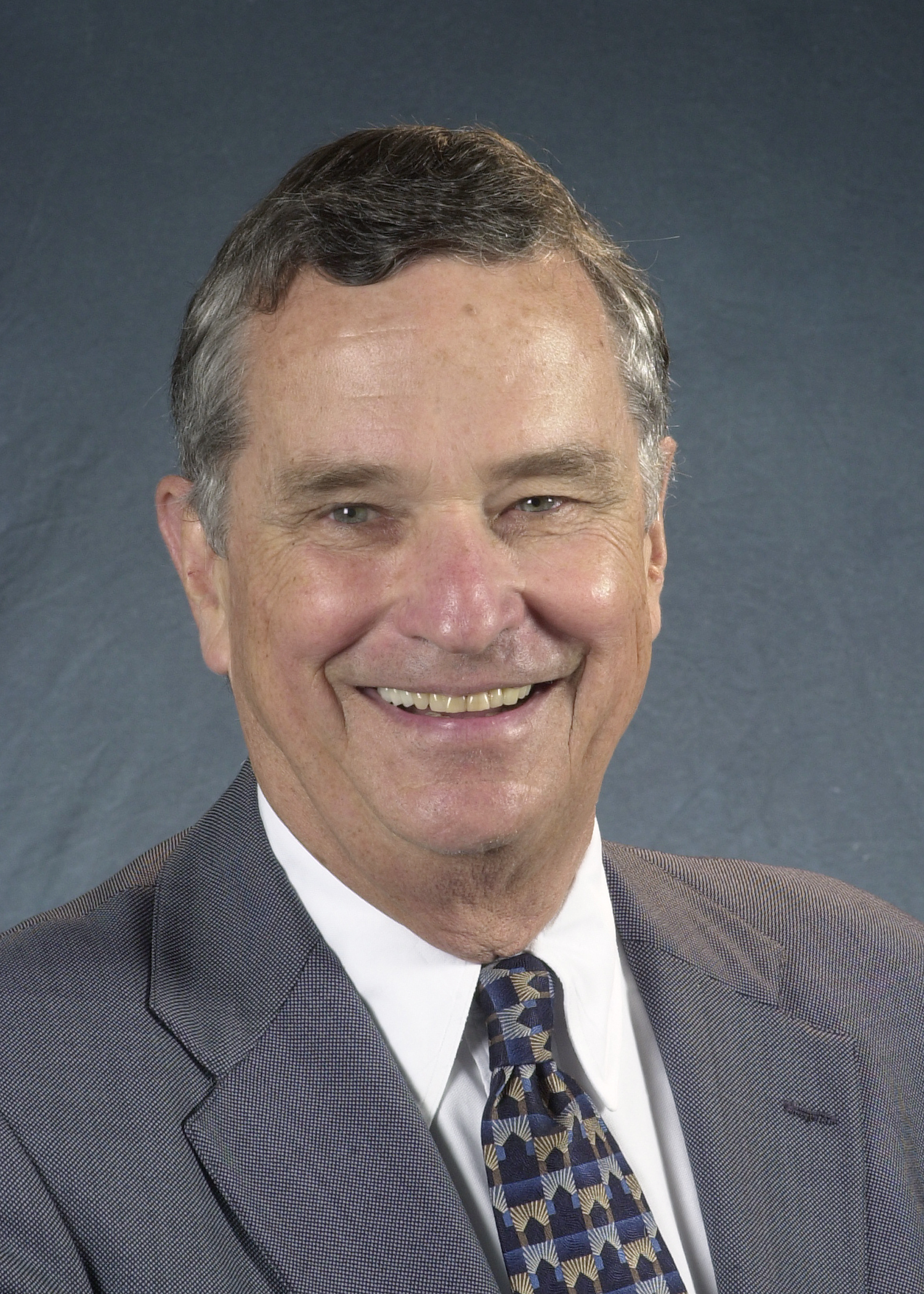
Hodding Carter
Hodding Carter, III (born April 7, 1935), is an American journalist and politician best known for his role as Assistant Secretary of State for Public Affairs in the Jimmy Carter administration.
Carter was born in New Orleans to journalist and publisher William Hodding Carter, II (1907-1972), and the former Betty Werlein (1910-2000). He grew up in Greenville, Mississippi, a Mississippi River delta city which is the seat of Washington County, Mississippi. Carter attended Greenville High School and then transferred to Phillips Exeter Academy in New Hampshire. He transferred back to Greenville High School and graduated in 1953. He then attended Princeton University in Princeton, New Jersey, having graduated summa cum laude in 1957. That same year, he married the former Margaret Ainsworth. They had a son, Hodding Carter IV, and three daughters, Catherine Carter, Margaret Carter, and actress Finn Carter (born 1960). The couple divorced in 1978, and Carter that same year married Patricia M. Derian, then a human rights official in the Jimmy Carter administration and an author on topics relating to foreign policy, civil rights, and the "New South".
Carter has a brother, Philip Dutartre Carter (born 1939), former publisher of the Delta Democrat-Times, of Greenville, the newspaper started by their father and later publisher of the Vieux Carré Courier and financier of the weekly paper Gambit, both of New Orleans. Another brother, Thomas Hennen Carter (1945 - 1964), killed himself while playing Russian roulette.
After Princeton, Carter served in the United States Marine Corps for two years. In 1959, he began working for the Delta Democrat-Times as a reporter. He was thereafter the paper's managing editor and associate publisher. He also wrote the book The South Strikes Back. He won the Sigma Delta Chi National Profession Journalism Society Award for Editorial Writing in 1961.
In the 1960s, Carter was involved in civil rights movement, both editorially and in political action. In 1968, he co-chaired the "Loyal Democrats of Mississippi" that replaced Mississippi's previously all- white delegation to the Democratic National Convention, but later criticized the Delta Ministry (part of the biracial coalition) in his editorials.
In 1964, he worked on Lyndon Johnson's presidential campaign, but Johnson and his vice-presidential choice, U.S. Senator Hubert H. Humphrey of Minnesota, received only 13 percent of the vote in Mississippi in the last election held prior to passage of the Voting Rights Act of 1965. Carter also worked on Jimmy Carter's campaign in 1976. President Carter appointed him Assistant Secretary of State for Public Affairs and State Department spokesman.
Because of the Iran Hostage Crisis, Carter came into the public eye much more frequently than most of his predecessors and successors.
When Ronald Reagan was elected in 1980, Carter left his post in the government and moved into television. Up until 1994, he held various positions for ABC, BBC, CBC, CNN, NBC, and PBS, including anchor, political commentator, panelist, and reporter. He also regularly wrote op-ed columns for various newspapers including the Wall Street Journal.
Beginning in 1994 he served as the Knight Professor of Public Affairs Journalism at the University of Maryland, College Park. He resigned the post in 1998 to become the president of the Knight Foundation. He serves on a commission funded by the foundation, the Knight Commission on Intercollegiate Athletics.
Since then, Carter has lectured at universities all over the country and continued to do freelance work for the television and print media. His most recent position is University Professor of Leadership and Public Policy at the University of North Carolina at Chapel Hill.
NOTE: Bio updated on November 8, 2011
Special thanks to our Lifetime Patrons





 View All Sponsors ›
View All Sponsors ›

Sign-up here to receive email updates from The Connecticut Forum!
We will send you exciting updates about our season, panelist announcements, special events, news and information that will keep you "in the know."
Your personal information is safe with us. We will never sell or share your personal information with anyone else.
